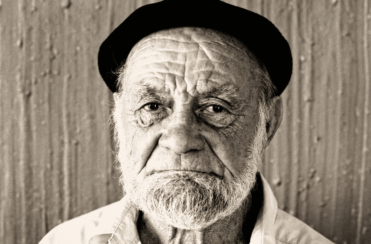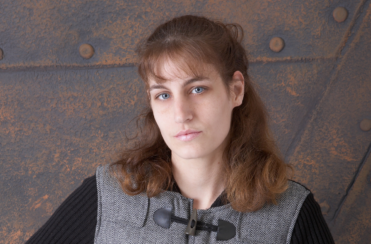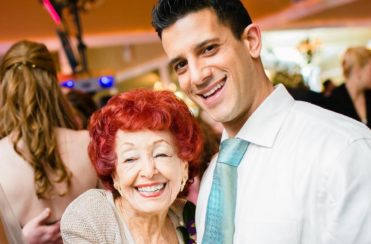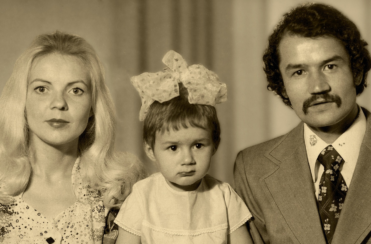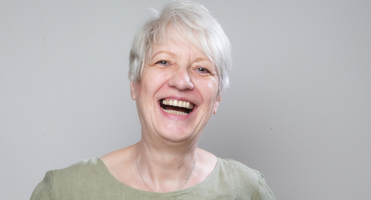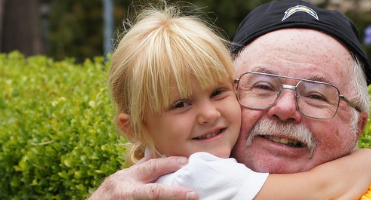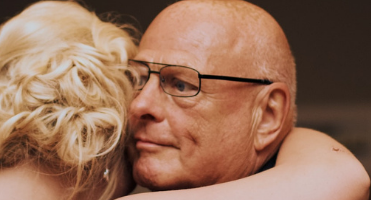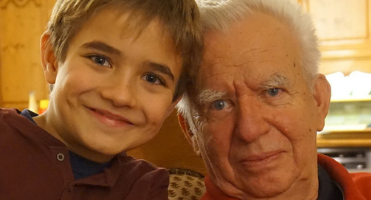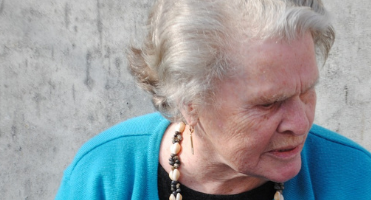Did the old man have the mental capacity to change his will? Which case won?
A case heard in the Supreme Court of NSW in 2017 concerned whether or not an old man had the mental capacity to change his will.
In 2011, the man signed a will which gave his estate to his three children equally. The will instructions were taken by his long-term solicitor. The man was aged 87 at the time.
In 2013 the man signed a new will, which gave his estate to his three children and his de facto spouse equally. Again, the will instructions were taken by his long-term solicitor. The man was aged 89 by this time.
“My partner left his binding death benefit to me, but the superannuation trustee won’t hand it over” – which case won?
A recent dispute in the Supreme Court of NSW involved a binding death benefit nomination and a superannuation trustee.
A man and his de facto spouse had lived together with their two small daughters for five years, when in October 2019, he was diagnosed with inoperable pancreatic cancer.
As his condition worsened, he began putting his affairs in order.
In November 2019, he instructed his lawyer to prepare a will.
The man’s assets included a superannuation death benefit in excess of $4.7 million.
He instructed his lawyer that he wanted this death benefit to be paid to his estate, and for the authority to be given to apply the benefit towards discharging debts.
On 15 July 2020, the man was admitted to hospital for palliative care.
On 23 July 2020, he executed his last will, which was prepared by his solicitor in accordance with the instructions given in November 2019.
On 24 July 2020, the deceased instructed his lawyer to prepare a Binding Death Benefit Nomination (BDBN), directing that in the event of his death, the superannuation fund was to pay the $4.7 million death benefit to his spouse. This differed from his original instructions to pay the death benefit to his estate.
At around 12pm on 26 July 2020, the spouse received a call from the man’s doctor, to tell her that the man’s condition had deteriorated, and he was being transferred to the ICU.
Then at around 1pm on the same day, the deceased signed the BDBN in favour of his spouse.
He died later that day.
How can I look after my pet in my will?
Contesting a will in NSW – the horror story edition
“But if my stepfather remarries, he could cut me out of his will.” Which case won?
A case heard in the NSW Supreme Court of Appeal concerned a 43 year old electrician who sued his late mother’s estate. In her will, she gave everything to her husband (the man’s stepfather) and, in the event of both dying, equally to all of their children. The joint assets were worth in the vicinity of $3 million, meaning that the deceased mother’s share was approximately $1.5 million.
All assets were held in the mother and stepfather’s joint names, meaning that the jointly held assets would transfer directly to the husband. The deceased mother had two sons to a previous relationship, while her husband had two daughters to a previous relationship. They were a blended family and had one child of their own relationship.
Where does my superannuation go when I die?
“My sister already received her inheritance, so she can’t claim any more of the estate.” Which case won?
A husband and his wife had four children. Conveniently, they also owned four properties.
The parents decided to give their children one property each as their inheritance, with some financial adjustment to account for the difference in value between the properties.
The two daughters were each to receive a property while the parents were still alive, while the two sons had to wait until after their parents died to receive their share.
Someone vanishes – how long before they can be declared dead?
What is probate, and why do I need it?
Can an unsigned will still be valid?
What exactly do executors of wills do?
Does a secret will beat other wills?
Wills and voluntary assisted dying (VAD) law in NSW
Proving dependency – can a grandchild contest a will? Which case won?
A woman became a grandmother when her only child, a daughter, gave birth to a girl in 1995.
Sadly, the woman’s daughter committed suicide in 1996 when the granddaughter was just 18 months old.
The granddaughter then lived with her father at various locations in the Brisbane area and in regional parts of NSW.
She visited her grandmother between 2000 and 2003.
However, from 2003 until the grandmother’s death in September 2017, the grandmother and granddaughter did not see each other again.
